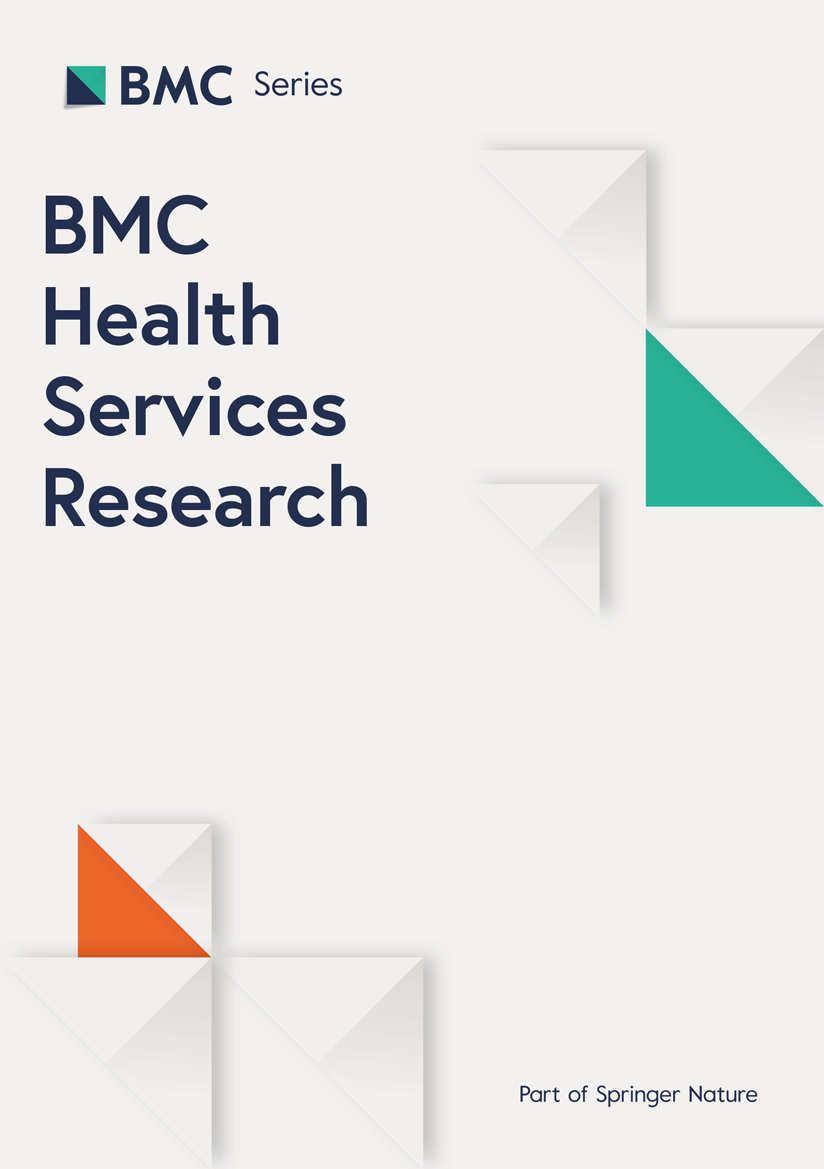
KUNENE REGION, Namibia – “I should have been in Grade 11 this year,” said 21-year-old Elly Tjondu. “That’s all I want, to go back and finish school.”
In Alpha village, 15 km from Opuwo town in the Kunene Region of Namibia, Elly sat outside her family home and wrapped her newborn in a babygrow. When she was just 15 years old, Elly became pregnant for the first time. Tragically, she suffered a miscarriage and lost the baby, an experience that had a lifelong impact on her.
At 18, she became pregnant for the second time and gave birth to a healthy daughter. With the support of her parents she managed to go back to school, with her mother looking after the baby and Elly returning home during her breaks to breastfeed.
The Kunene Region has one of the highest adolescent pregnancy rates in Namibia, with more than one in three girls becoming pregnant before they reach adulthood.
After her second pregnancy, Elly was interested in learning more about family planning, but the nearest clinic to her home is in Opuwo.
“I wanted to get contraceptives after my second pregnancy,” she said, “but if you don’t have money for a taxi, you just stay at home.”
For girls like Elly, without access to transport, basic sexual and reproductive healthcare is out of reach.
A crisis for adolescent girls
Last year Elly became pregnant again, giving birth to her second child in June 2025. Previously her return to school at an older age had been made possible by Namibia’s Learner Pregnancy Policy as well as her parents’ availability. But this time they asked her to stay home and breastfeed, promising that she could begin studying again in January.

Elly lives with her parents and siblings, one of whom had a baby just over a year ago. Her mother, Uandende Tjondu, also gave birth this year, and with several young children to care for, the Tjondu family is facing heavy caregiving and financial pressures.
Her father, Kaukondua Tjondu, is a welder who picks up small jobs from neighbours when he can – fixing tools, doors, gates, and anything else he can find to work on. “I try,” he told UNFPA, the United Nations sexual and reproductive health agency. “But work is not always there. I do what I can.”
Both fathers of Elly’s children are still in school, a detail that illustrates the disproportionate impact of adolescent pregnancy on girls.
Globally, girls like Elly are facing a crisis of reproductive agency. Without quality information and services, they cannot exercise true choice over their futures. Adolescent girls are on the frontlines of this crisis, bearing the brunt of the consequences of unintended pregnancy: Girls who become pregnant as adolescents are more likely to drop out of school, to face ill health, and to grapple with economic hardship throughout their lives.
But Mr. Tjoundu has decided not to confront the families of the boys who fathered his grandchildren.
“I haven’t gone to them,” he said. “It’s not easy. In our Himba culture, when there is no marriage, you don’t go to the boy’s family.”
“They are still children,” he continued. “They don’t work. What can they really do? I just focus on what I can, looking after my grandchildren.”
The right to choose
When her parents discovered that Elly was pregnant again, they were worried about the challenges to come, but the family has come together to support one another. Now a mother of two, Elly still hopes to one day complete her education.
“We told her to be strong now, to take care of her baby, and that she can go back to school next year when the baby is older,” said her mother.

In communities facing challenges such as poverty, adolescent girls are often the first to lose access to education, healthcare, and other critical services that safeguard their well-being.
“I want them to have more opportunities than I did”
UNFPA is supporting the Government of Namibia to strengthen the capacity of healthcare providers to deliver integrated, youth-friendly services through clinics and mobile outreach platforms. This includes training healthcare workers to provide non-judgmental and culturally sensitive information on sexual and reproductive health to adolescents and young people.
UNFPA has also launched long-acting reversible contraceptives campaigns in Namibia to provide family planning methods suitable for adolescents who don’t often have access to healthcare facilities. Over 21,000 of these contraceptives were distributed across Namibia between 2020 and 2024, with 385 implants – a method increasingly popular with adolescents in the region – provided in the Kunene Region between 2024 and 2025.
For young mothers like Elly, the road to continue her education may be long, but she is determined to complete it. “I want to go back to school. I want to work and raise my children well,” she said.
“I want them to have more opportunities than I did.”
link





